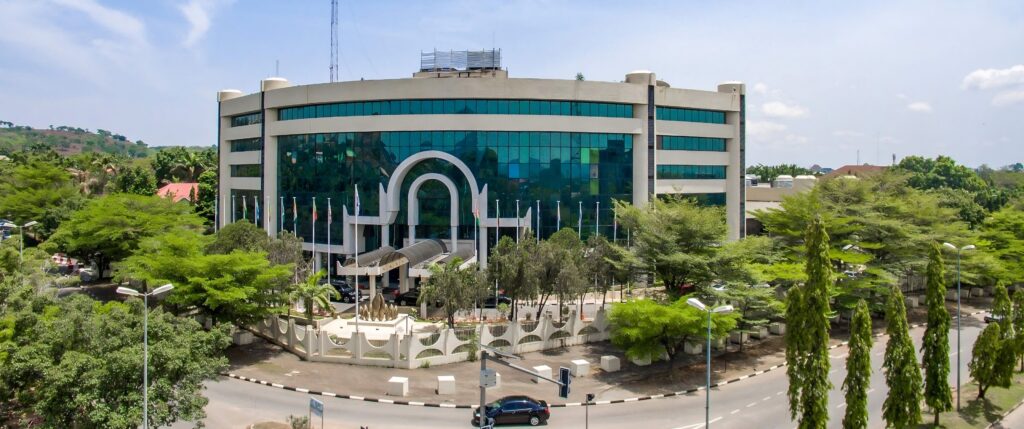Some institutions stand the test of time, bearing witness to a noble ambition, a shared vision, and a constant commitment to progress. Fifty years after its establishment in 1975, the Economic Community of West African States (ECOWAS) remains a cornerstone of Africa’s regional integration project.
While significant progress has been made, challenges persist, highlighting the continued efforts required to fully achieve the organization’s objectives. However, rather than a statement of failure, this assessment presents an opportunity to rethink, strengthen, and accelerate regional dynamics.
Half a century of integration: undeniable progress
Free movement and customs union: mobility on the rise
Since 1979, ECOWAS has implemented the Protocol on the Free Movement of Persons and Goods, granting citizens of member states the right to travel visa-free within the region. In 2000, the ECOWAS identity card was introduced to further facilitate mobility.
These advances have helped intensify intra-regional trade, boost commercial flows, and reinforce the sense of belonging to a common economic space. However, transport infrastructure and the practical implementation of mobility still require improvements. Administrative bottlenecks and border restrictions remain in some areas, reducing the full impact of these policies.
Stability and crisis management: a key diplomatic role
Political instability has marked the region in recent decades. Nevertheless, ECOWAS has played a crucial role in conflict resolution and the stabilization of some member states.
- 1990: Creation of the ECOWAS Monitoring Group (ECOMOG) to manage crises in Liberia and Sierra Leone.
- 2005: Adoption of the Protocol on Democracy and Good Governance to prevent unconstitutional changes of government.
- 2012 – 2023: Mediation efforts and sanctions in response to political crises in Mali, Guinea, and Burkina Faso.
However, rising security challenges in the Sahel and West Africa require a more coordinated and proactive response. ECOWAS must strengthen its crisis anticipation and prevention mechanisms by relying on more inclusive and responsive strategies.
Infrastructure and Connectivity: Ongoing Structural Projects
One of the major obstacles to economic integration remains connectivity between member states. To address this issue, ECOWAS and its partners have launched several ambitious initiatives aimed at modernizing regional infrastructure.
- Abidjan-Lagos Corridor (2025 – Under Construction): A 1,028 km highway linking five West African capitals, designed to boost trade and reduce logistics costs.
- Lomé-Ouagadougou-Niamey Economic Corridor Project (PCE-LON): A strategic project connecting coastal economies with landlocked Sahelian countries.
- African Continental Free Trade Area (AfCFTA), signed in 2018, which aims to accelerate intra-African trade dynamics.
Innovation and youth: new pillars of transformation
The rise of technology and startup financing
West Africa is undergoing a digital revolution. Innovative startups are emerging across various sectors, from fintech and agritech to artificial intelligence and e-commerce.
- Flutterwave (Nigeria), OPay (Nigeria), Wave (Senegal) have become African unicorns, proving the region’s technological potential.
- Gozem (Togo-Benin), a super app offering transportation, delivery, and financial services, raised $20 million in 2025 to accelerate its expansion in West Africa and enhance its fintech solutions.
- In 2021, African startups raised over $4 billion in funding, yet West Africa remains heavily dependent on foreign investment.
Recognizing these challenges, ECOWAS has launched initiatives to support startups and promote tech entrepreneurship, including:
- The West African Startup Summit (2021)
- The Regional Fund for Innovation and Entrepreneurship (under development)
These updates reflect the latest funding success of Gozem and emphasize the crucial role of startups in driving the regional economy forward.
